A new academic year is upon us, and colleges and universities are still struggling to uphold the norms of free speech and reasonable discourse on campus. Columbia University’s president, Nemat Shafik, suddenly resigned last month after intense scrutiny following a semester of protests and encampments, as did three deans over antisemitic texts. Harvard and UCLA face major lawsuits brought by Jewish students seeking relief for discrimination. There are more examples of the turbulent state of higher education, from intrusive oversight by university systems to reversals on long-held positions against boycotts.
Even though many academics and commentators have explored why higher education has gone off track—and how reformers might course-correct—it is worth stepping back to notice how today’s campus disputes are just one more theater in the culture wars. The intolerance and mutual antipathy of ideological opponents on both the left and the right undermine two of the most important rights and institutions in our liberal democracy: freedom of speech and universities.
These trends are complicated and have multiple causes. Not every instance is morally equivalent or equally important as another. Yet they are symptoms of a dangerous illiberalism metastasizing on both the left and the right. It is therefore worth thinking carefully about how culture wars corrode liberalism and sabotage civil discourse, and to consider ways to stop them from wreaking more havoc on campus.
The culture wars, left and right.
Whenever we think of the culture wars, we typically imagine hyper-charged disputes between ideological adversaries seeking to convert their moral superiority into real-world supremacy. But we often miss that culture wars often involve asymmetrical conflicts between those who hold power and those who do not—asymmetries that allow those in power to impose their views on others.
This dynamic is especially prevalent in higher education. Because progressives dominate colleges and universities, the conflicts often involve a conservative minority pitted against progressives in leadership or student groups that are ideologically aligned with the prevailing campus culture. In the spring of 2023 at Stanford Law School, for example, conservative Judge Stuart Kyle Duncan had a speech shut down by students and a diversity, equity, and inclusion (DEI) dean. Over 500 campus deplatforming incidents have come from the political left over the past decade, according to Greg Lukianoff and Sean Stevens of the Foundation for Individual Rights and Expression (FIRE). This trend reflects the sobering findings of the Constructive Dialogue Institute, which reported that very liberal students are much more likely than conservative students to be offended by the perspectives of their peers (40 percent to 20 percent) and to approve the use of social pressure to punish or cancel the offenders (87 percent to 16 percent).
“One-way rights are not rights at all; they are just naked power dressed up in the clothing of liberty.”
But in many cases, asymmetries cut in the other direction, too. Right-led speaker cancellations also number in the hundreds, according to Lukianoff and Stevens. Republican lawmakers have implemented sweeping policies that, in the effort to curb DEI and critical race theory excesses, seek to ban controversial ideas and censor speech as well as punish professors who dissent. Sometimes, they even try to overhaul entire institutions. Witness the heavy-handed leadership at the New College of Florida, where senior leaders have denied tenure to or refused to renew the contracts of faculty who oppose the administration’s efforts to ideologically overhaul the college.
This is one of the first things that we should acknowledge when assessing what the culture war looks like on campus today. Both the political left and the right target faculty for holding unorthodox views in their scholarship, teaching, public commentary, or for criticizing their institutions. Of the 1,300 incidents tracked in FIRE’s Scholars Under Fire Database, 49 percent come from the left and 44 percent come from the right. Only 7 percent have no political valence.
A more ambitious view of speech rights.
Whether in higher education or more broadly, culture wars often follow a familiar trajectory: One group weaponizes institutions and cultural power against the other. To prevent this tendency, liberal societies need robust protections for the rights of minorities, especially when they have little institutional leverage or cultural clout.
Of course, everyone likes rights in the abstract. Our country is awash in rights-talk. But it turns out that people are often more jealous of their own rights than zealous about protecting the rights of those whose views they deem to be unacceptable. They only become enthusiastic about rights when they no longer have power. Rights for me, but not for thee. But one-way rights are not rights at all; they are just naked power dressed up in the clothing of liberty.
What is required, then, is a cultural commitment to upholding the rights of all. At minimum, this commitment can be motivated by the self-interested reason that sometimes our group will not possess much institutional power. We cannot protect our own rights while curtailing the rights of others. But we should also be more ambitious; we should strive for something more durable than a pact born out of the threat of mutually assured destruction. It would be better if we wholeheartedly committed ourselves to mutually protecting rights because we agreed that they undergird a free and flourishing society.
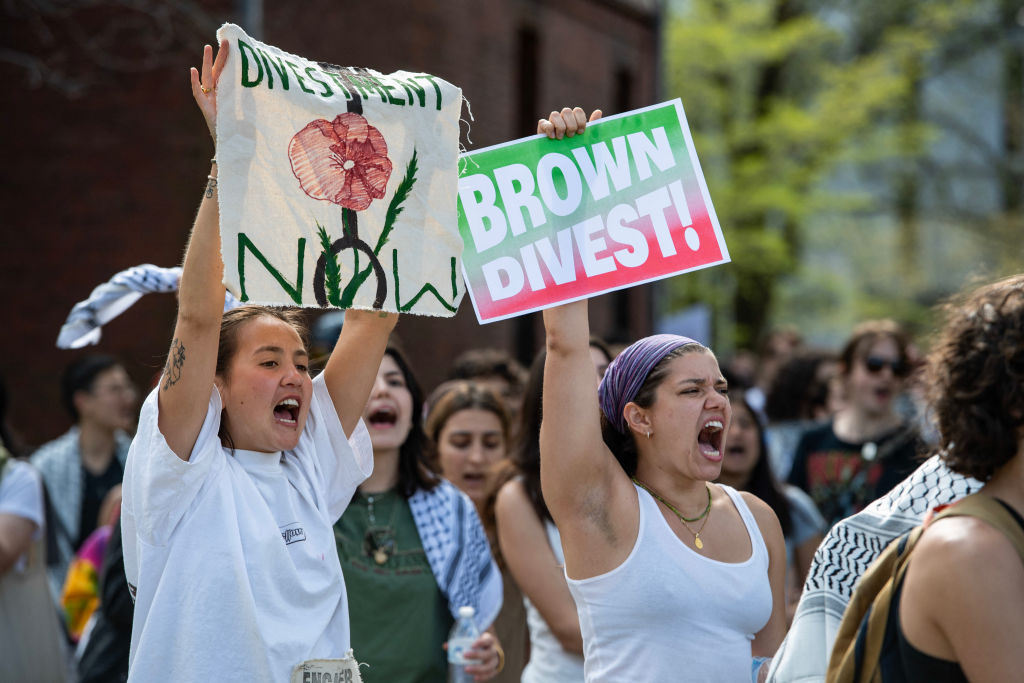
Liberty and diversity cannot coexist without tolerance. A liberal culture is one in which people have a wide degree of freedom to follow the dictates of their consciences and live life as they see fit, so long as they do not harm others. A person with a liberal temperament does not view disagreements or differences—even profound ones—as a threat. He or she may have strong political and moral views but respects the rights of others to have an equal place in society and under the law. This principle is codified in the First Amendment and has helped make the United States the most diverse, free, and prosperous society in the world.
But this liberal way of life is caught in the culture-war crossfire between illiberal forces who would silence dissent and enforce ideological conformity. Freedom of speech is not the only casualty—so is the pursuit of truth. It turns out that we should value freedom of speech not only because it is a fundamental right but also because we value the truth and recognize our own fallibility. As the philosopher John Stuart Mill wrote:
If all mankind minus one, were of one opinion, and only one person were of the contrary opinion, mankind would be no more justified in silencing that one person, than he, if he had the power, would be justified in silencing mankind.
Mill goes on to argue in On Liberty that when we silence the views of others, we assume our own infallibility. But because we might be wrong, we should refrain from silencing dissenting voices. Only when we rigorously engage with dissenting views, even wrong views, can we better understand and defend important truths. Epistemic humility is an essential liberal virtue.
Unfortunately, Mill’s view has little purchase on either side of the culture wars, especially in higher education. Culture warriors fight not for the truth but for their tribes. They have principles, to be sure, but their moral zeal, their epistemic certainty, and their tribal loyalty render them incapable of civil disagreement and susceptible to zero-sum thinking. They often succumb to the temptation to marginalize, silence, and coerce their opponents—trends that impoverish our national discourse and undermine the credibility and mission of colleges and universities.
Perhaps nowhere is the freedom of speech and the principle of open inquiry more important than in higher education. Reasoned speech and inquiry are the foundation of the academic and civic missions of higher education: to seek the truth together through rigorous yet respectful discourse, and to prepare students for democratic citizenship in a diverse society.
In the higher ed culture wars, shouted-down speakers and fired professors may be the targets of opportunity, but students are the collateral damage. The erosion of the norms of civil discourse in the academy is taking a toll on students’ capacity to engage in healthy dialogue across diverging views. As often as not, students are self-censoring and censorious. A recent survey from the College Pulse and FIRE indicates that less than half of them feel comfortable sharing their views on a controversial topic in the classroom or in their campus residences. Over 30 percent believe it is at least sometimes acceptable to shout down a campus speaker.
Improving campus discourse.
Although the warring factions may never reach a rapprochement, there is much we can do to restore liberal commitments to free speech and reasoned discourse. Cooling off the higher education culture wars will require state lawmakers, in their efforts to shore up the integrity of our public colleges and universities, to avoid censorship and the politicization of public university governance. Furthermore, colleges and universities should pursue three sets of reforms.
First, colleges and universities should strengthen their protections for all speech—including controversial and offensive speech—by students, faculty, and invited speakers. Free expression and academic freedom are the sine qua non of the academy, but they become meaningless if only some views are deemed acceptable. In particular, administrators should ensure that time, place, and manner restrictions are content-neutral and equitably enforced.
Second, colleges and universities should encourage respectful yet robust dialogue across diverse viewpoints. Reversing the trends of affective polarization and self-censorship will require institutions to create spaces through forums, orientations, and gen ed courses for people to disagree with each other in good faith. This requires cultivating empathy and civility and promoting dialogue that employs reasons and evidence rather than dogma and emotion. Faculty and administrators should model these norms for their students.
Finally, colleges and universities should work to enhance viewpoint diversity. Colleges and universities should make concerted efforts to balance the predominantly left-leaning views on campus by hiring ideologically diverse professors and bringing thoughtful conservative speakers to engage with students. Likewise, conservative institutions should commit to viewpoint diversity and uphold the academic freedom of dissenting liberal faculty. Students—who may come from homogeneous communities—should be exposed to peers with different views and experiences. The virtue of toleration on which our democracy depends cannot be practiced in a monoculture.
These reforms would aim to create a space for the rigorous pursuit of knowledge and for students to be habituated in the civic virtues that are indispensable to sustaining liberalism in a pluralistic society. Higher education is not merely an incubator of ideas; it is an inculcator of culture. Colleges and universities can train the next generation of antiliberal culture warriors, or they can educate the next generation of citizens of our liberal democracy. The academy will always be a contested space, but it does not have to be a battlefield in the culture wars.
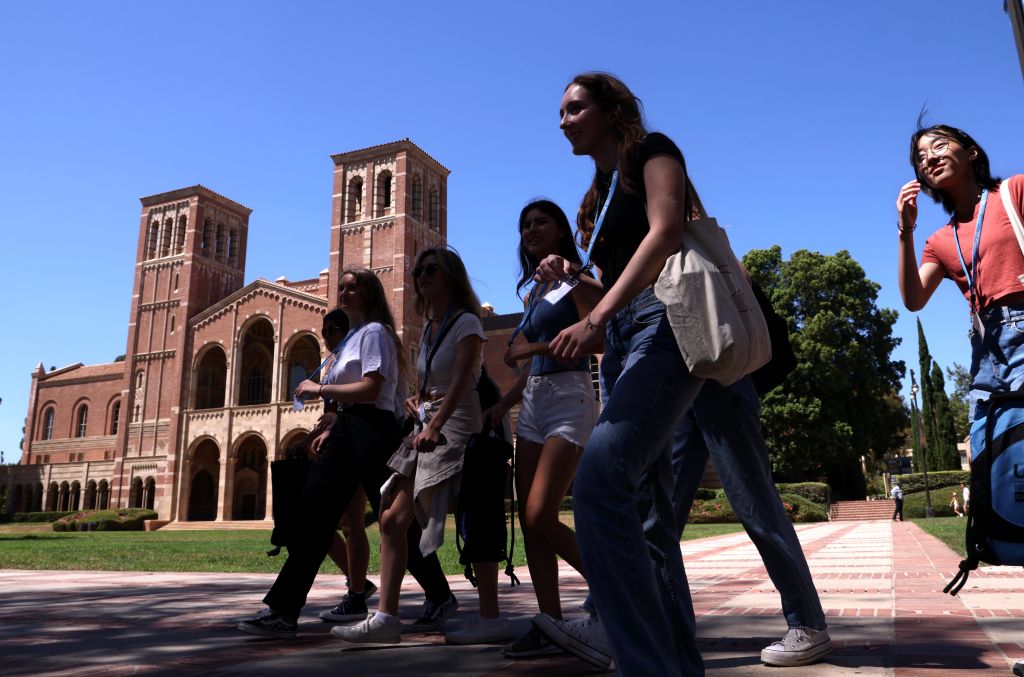
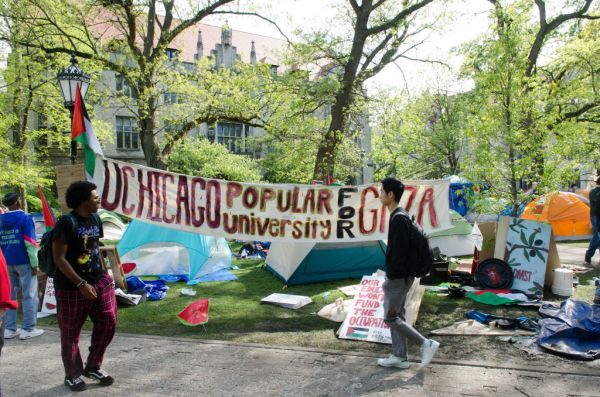
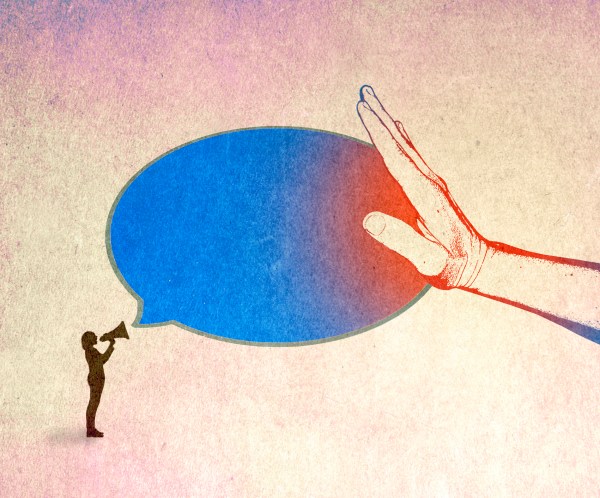
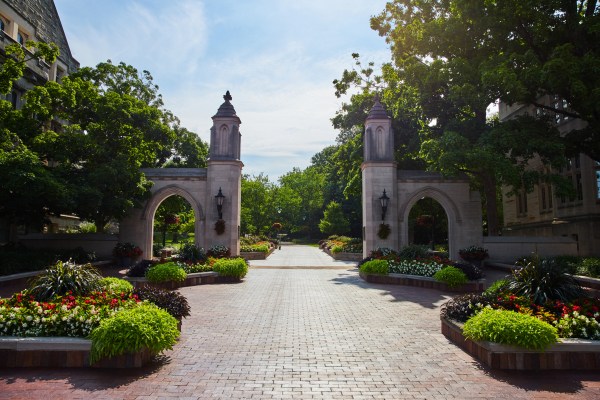

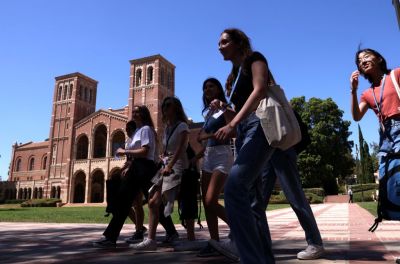
Please note that we at The Dispatch hold ourselves, our work, and our commenters to a higher standard than other places on the internet. We welcome comments that foster genuine debate or discussion—including comments critical of us or our work—but responses that include ad hominem attacks on fellow Dispatch members or are intended to stoke fear and anger may be moderated.
With your membership, you only have the ability to comment on The Morning Dispatch articles. Consider upgrading to join the conversation everywhere.